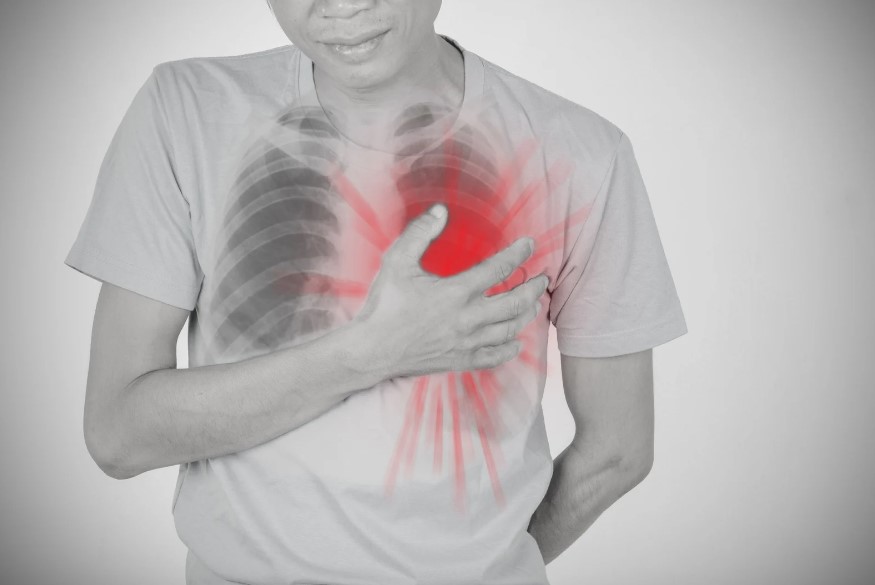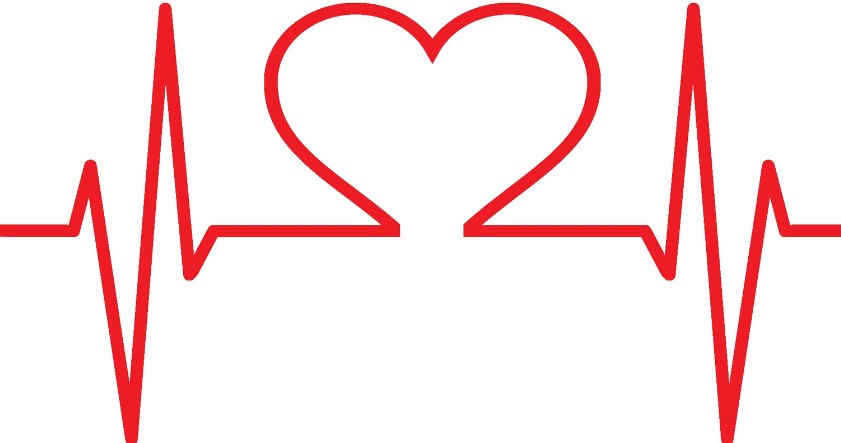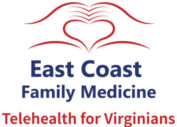Heart disease is one of the leading causes of death worldwide, affecting millions of people each year. While the term “heart disease” encompasses a range of cardiovascular conditions, it often refers to coronary artery disease (CAD), the most common type. This article delves into the causes, symptoms, and ways to prevent heart disease, equipping you with essential knowledge to prioritize your heart health.
What is Heart Disease?
Heart disease refers to a variety of conditions that affect the heart’s structure and function. These include:
- Coronary artery disease (CAD): Narrowing or blockage of coronary arteries due to plaque buildup.
- Arrhythmias: Irregular heartbeats that can cause discomfort or lead to severe complications.
- Heart failure: When the heart is unable to pump blood efficiently.
- Valvular heart disease: Issues with heart valves that regulate blood flow.

Causes and Risk Factors
Several factors contribute to the development of heart disease, some of which are preventable. Key risk factors include:
- High blood pressure (hypertension): Damages arteries, making them more susceptible to plaque buildup.
- High cholesterol levels: Contribute to fatty deposits in blood vessels.
- Smoking: Damages blood vessels and reduces oxygen in the blood.
- Obesity and physical inactivity: Increase the risk of hypertension and diabetes, which are linked to heart disease.
- Unhealthy diet: Diets high in saturated fats, trans fats, salt, and sugar can lead to cardiovascular issues.
- Family history: Genetics can play a significant role in predisposition to heart disease.

Symptoms of Heart Disease
Symptoms vary depending on the type of heart disease, but common signs to watch for include:
- Chest pain or discomfort (angina)
- Shortness of breath
- Fatigue or weakness
- Rapid or irregular heartbeats
- Swelling in the legs, ankles, or feet
- Dizziness or fainting
If you experience any of these symptoms, seek medical attention promptly. Early detection is crucial for effective treatment.
Preventing Heart Disease
The good news is that many forms of heart disease are preventable. Here are practical steps you can take:
- Adopt a heart-healthy diet: Focus on fruits, vegetables, whole grains, lean proteins, and healthy fats. Limit processed foods and sugary beverages.
- Exercise regularly: Aim for at least 150 minutes of moderate aerobic activity each week.
- Quit smoking: Seek support from a healthcare provider to stop smoking.
- Manage stress: Practice relaxation techniques such as meditation or yoga to reduce stress.
- Monitor your health: Keep track of your blood pressure, cholesterol, and weight through regular checkups.
- Limit alcohol consumption: Excessive drinking can contribute to hypertension and other health issues.
When to See a Provider
If you have risk factors for heart disease or notice persistent symptoms, consult a healthcare professional. At East Coast Family Medicine, we specialize in comprehensive primary care, including heart health assessments and personalized wellness plans.
Take Action for Your Heart Today
Heart disease is a serious but manageable condition with the right lifestyle changes and medical care. By prioritizing prevention, you can significantly reduce your risk and lead a healthier, longer life. Schedule your next appointment at East Coast Family Medicine in Callao, Virginia, to discuss your heart health and take the first step toward a healthier future.

